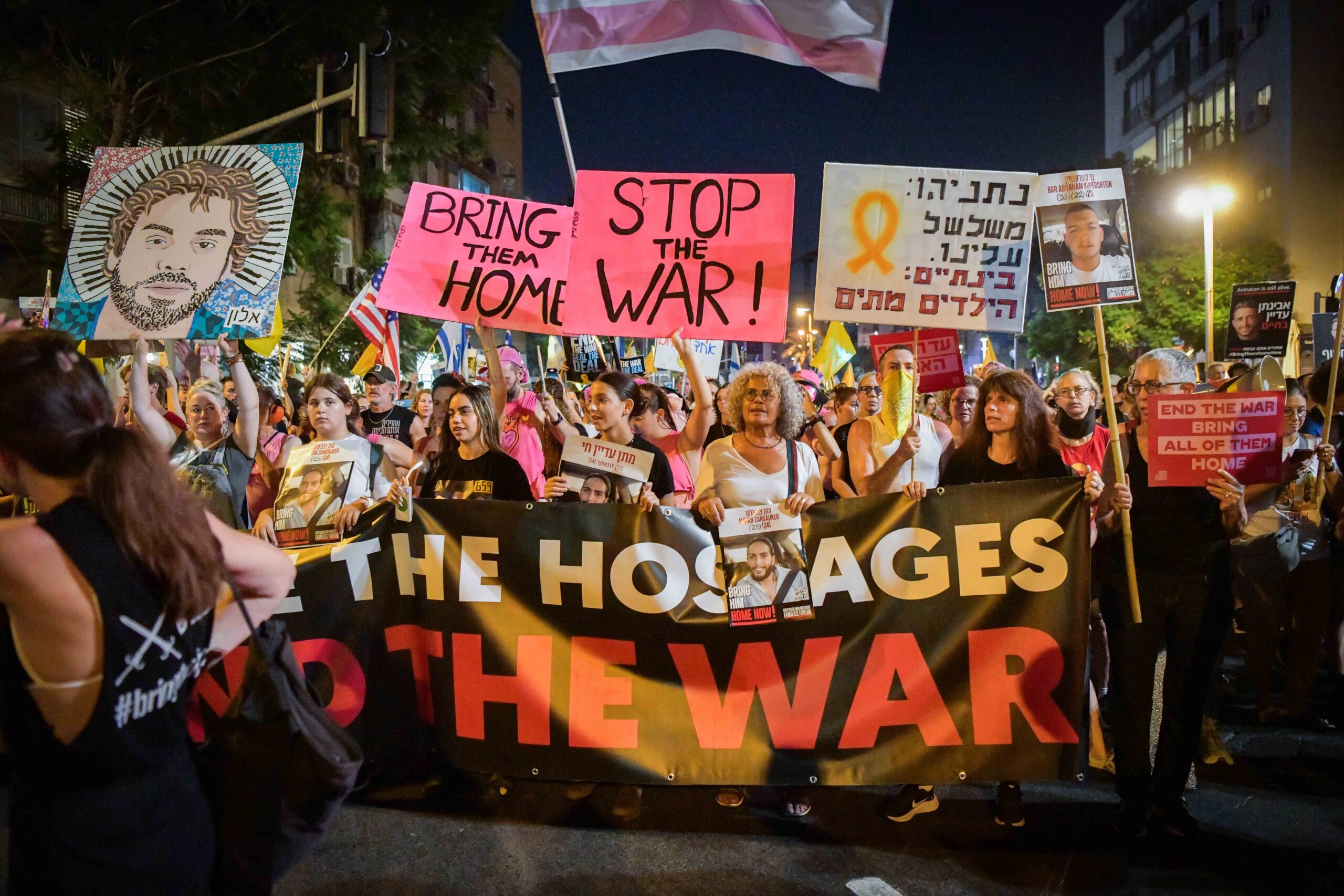“I don’t think they really want to make a deal. I think they want to die.”
That’s how President Trump reacted to the collapse of the latest hostage-ceasefire talks. His frustration is shared by many in his former administration, who watched yet another glimmer of progress dissolve thanks to Hamas moving the goalposts once again.
But as frustrating—and infuriating—as it is to see Hamas blow up yet another deal, it’s not irrational. It’s calculated. Hamas has a plan. And tragically, they have reason to believe it might work.
Here’s what happened. The deal was on track until Hamas suddenly introduced a new demand: the complete dismantling of the Gaza Humanitarian Foundation—a joint American-Israeli initiative that’s currently feeding more than two million Gazans every day. What makes this organization different is that it distributes aid directly to the people, bypassing Hamas completely.
This is a direct threat to Hamas’s power structure. For years, Hamas has used humanitarian aid as a racket. They seize it, hoard it, sell it at black market prices, and use the profits to fund their terror machine. But more than that, controlling the aid means controlling the population. Strip that away, and you’re stripping away their authority—and their revenue.
That’s why Hamas is willing to sink the entire deal over this. They’ve even launched rockets at aid distribution sites and threatened Gazans who dare to accept food from the Foundation. This isn’t about feeding the people. This is about keeping them hungry—and dependent.
But Hamas isn’t just playing defense. They’re playing the long game. And part of that long game is watching Israel’s government teeter on the edge.
Prime Minister Netanyahu’s coalition is under enormous strain, mostly due to a domestic crisis over military service. In Israel, most Jewish citizens are drafted into the army—but the ultra-Orthodox (Haredi) community has long been exempt. After October 7, as the rest of the country is fighting and sacrificing, this exemption has become deeply controversial. The ultra-Orthodox political parties, which are critical to Netanyahu’s majority, recently resigned their ministerial posts in protest. They didn’t officially leave the coalition—but the message was clear: one more step they don’t like, and they’ll bring the government down. Without them, Netanyahu loses his majority. One bad vote, one wrong move, and the government falls.
Hamas is betting that a post-Netanyahu government—whether it comes in a month or six—will be more willing to compromise. They’re not wrong. Many in Israel’s opposition have criticized Netanyahu’s hardline stance and would likely take a softer approach in negotiations.
So Hamas delays. They stall. And they wait for Israeli politics to do their dirty work.
And while they wait, they run their most cynical campaign of all: famine theater.
For weeks, international media has amplified Hamas’s narrative of a Gaza on the brink of starvation. But what those headlines conveniently ignore is the drone footage the IDF released—showing a thousand aid trucks sitting untouched inside Gaza. Aid that was never picked up. Aid that could’ve fed the population for weeks.
Only after that footage was made public did the UN and other organizations scramble to start distributing the aid they had been ignoring.
It’s all part of the playbook. Manufacture a humanitarian crisis. Blame Israel. Use global outrage to pressure Israel into surrendering control of aid—and hand it back to Hamas.
This is how Hamas operates: delay the talks, strangle the people, lie to the world, wait for Israel’s government to collapse. Then come back to the table, stronger, with more leverage.
So no, Hamas isn’t being irrational. They’re being brutally strategic. They’re holding out because they believe they can win—not on the battlefield, but at the negotiating table, after the Israeli political system buckles and the international community caves.
We need to stop pretending Hamas is some ragtag group driven only by ideology or chaos. They are methodical, manipulative, and focused. And unless we call their bluff and break their strategy, this cycle will keep repeating.
You want to stop the war? Break Hamas’s grip on aid. Call out the famine lie. And show them that Israel’s will is stronger than their games.
Hamas doesn’t want peace. They want power. And they’re betting the world is too blind—or too complicit—to stop them.





